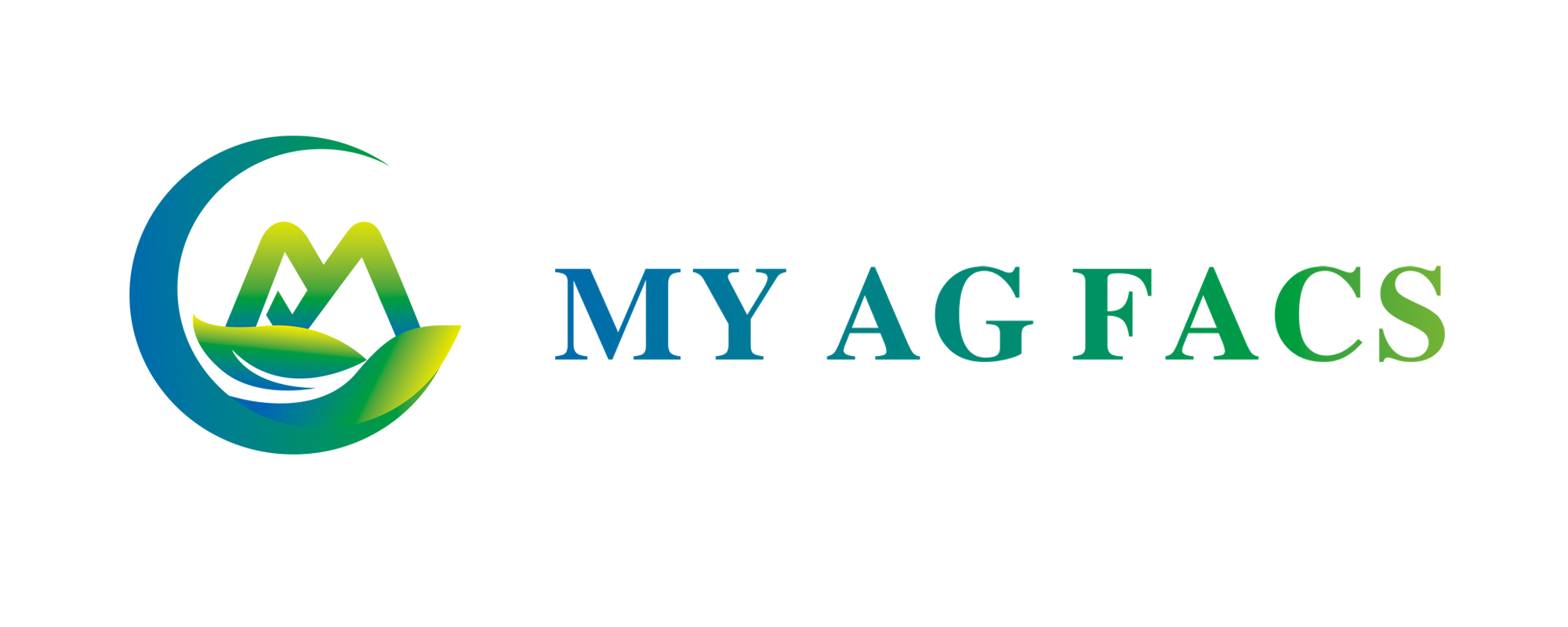
Polyethylene itself is considered non-toxic and safe for many applications. It is a widely used polymer in various industries, including food packaging, medical devices, water pipes, and many household products. It is generally recognized as safe for contact with food and beverages by regulatory agencies like the U.S. Food and Drug Administration (FDA) and the European Food Safety Authority (EFSA).
Polyethylene is inert, meaning it does not react chemically with most substances, and it does not release any harmful chemicals or toxins during typical use. As a result, it is considered a safe material for various consumer and industrial applications.
However, it's essential to note that the safety of a product or item made from polyethylene depends not only on the material itself but also on its specific formulation, additives, and the intended use. Some polyethylene products may contain additives or fillers to enhance certain properties, and these additives might have different safety profiles.
Additionally, if polyethylene is burned, it can produce harmful fumes and gases, so it should not be incinerated or exposed to open flames.
In summary, pure polyethylene is generally regarded as safe and non-toxic. However, for products or applications involving polyethylene, it's essential to follow manufacturer guidelines, adhere to regulatory standards, and ensure proper use and disposal to maintain safety.